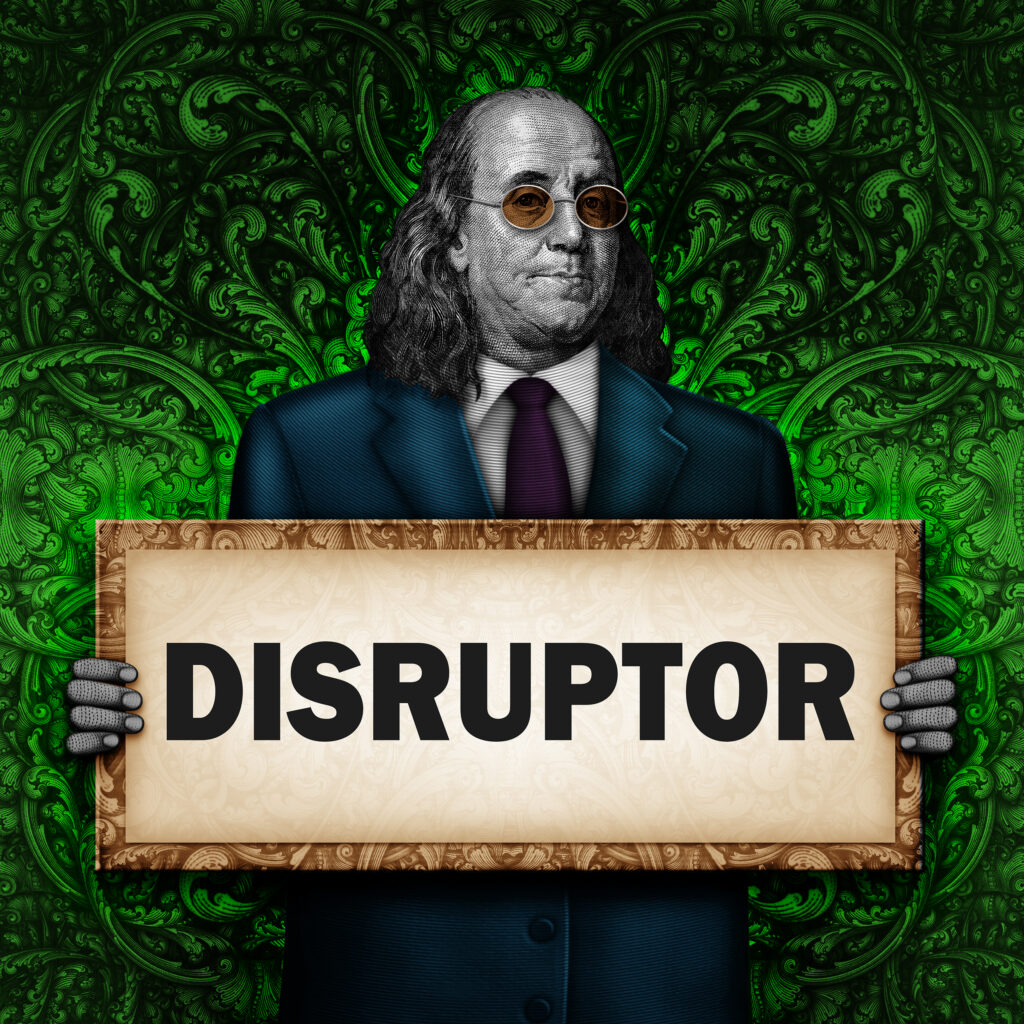Disruptors Then and Now
On the Fourth of July, Americans celebrate the birth of the United States, a nation born from the revolutionary spirit of the Founding Fathers. Their willingness to challenge the established order and embrace innovation parallels today’s tech industry, where disruption is the lifeblood of advancement.
The spirit of innovation that drove the founding of a new nation echoes in today’s technological landscape. Leaders, then and now, have challenged existing systems and empowered advancement. It’s not difficult to spot the similarities, but three modern technologies stand out: artificial intelligence, cloud computing, and open-source development.
AI: The Disruptor of Disruptors
We can all agree that AI has redefined industries and enhanced human capabilities. AI is everywhere, and its supersonic evolution challenges experts to develop frameworks for responsible use and regulations. In one report, McKinsey researchers forecasted that AI’s impact on productivity could add trillions of dollars in value to the global economy, up to $4.4 trillion annually.1 This economic impact more than the GDP of all but three (United States, China, and Germany) countries in 2024!2
Healthcare: From Rush to AI
Benjamin Rush, a signer of the Declaration of Independence and a pioneering physician advocated for more scientific approaches to medicine in the late 1700s. He promoted better hygiene practices and systematic observation of patients’ symptoms, laying the groundwork for modern evidence-based medicine.
Today, AI in healthcare represents a similar drive for improved accuracy and observation. Since 1995, the U.S. Food and Drug Administration has approved nearly 900 AI-related medical devices — about 75 percent focus on radiology.3 And medical professionals at institutions like Johns Hopkins School of Medicine have been using AI software as a second set of eyes.3 Rush’s methods aimed to enhance diagnostic accuracy through careful observation, and today, AI is augmenting human capabilities in medical imaging and diagnostics, particularly in areas with limited access to specialist care.
Almanacs and Algorithms
Benjamin Franklin’s Poor Richard’s Almanack was a publication in which Franklin shared weather forecasts, planting advice, and astronomical information. He enriched the content by including general wisdom, poems, mathematical exercises, and more.
Today, in a similar pay, AI enhances knowledge and boosts success in areas like crop management and yield predictions. Precision agriculture tools, such as drones equipped with AI algorithms, monitor crop health and soil conditions in real time, enabling farmers to make informed decisions about irrigation, fertilization, and pest control. A notable example is John Deere’s use of AI to develop autonomous tractors and sprayers that optimize planting and harvesting processes, resulting in higher productivity and reduced environmental impact.4
Information Access
A prolific innovator, Benjamin Franklin also established the first subscription library in America and democratized access to knowledge, making information available to a broader range of people. This concept finds its modern parallel in cloud computing and the open-source movement.
Cloud computing embodies the principle of interconnectedness, providing a platform for global collaboration. The cloud enables businesses of all sizes to access advanced computing resources. The 2024 Open Source Security and Risk Analysis Report shows that 96% of the total codebases (the code and associated libraries that make up an application or service) contained open source.5 The advantages include faster time to market, cost savings, and speedier development.
GitHub, the largest host of source code globally, reported over 100 million developers on its platform as of June 2023.6 This community collaborates on projects that range from individual hobbies to major enterprise software, demonstrating the power of shared knowledge and collective effort.
Bridging the Past and the Future
Advancements across technology and industries illustrate how the innovative spirit of the Founding Fathers lives on. From healthcare to information accessibility, the principles that shaped the birth of a nation continue to drive progress in our digital time. As we celebrate the Fourth of July, we’re not just commemorating past achievements, but also recognizing the ongoing legacy of innovation that connects our past to our future.
- McKinsey, The economic potential of generative AI: The next productivity frontier, June 2023
- World Population Review, GDP Ranked by Country 2024, 2024
- Science News, AI could take medical imaging to the next level, June 2024
- Assembly, John Deere Revolutionizes Agriculture with AI and Automation, June 2023
- Synopsis, 2024 Open Source Security and Risk Analysis Report, 2024
- GitHub, 100 million developers and counting, Jan 2023
